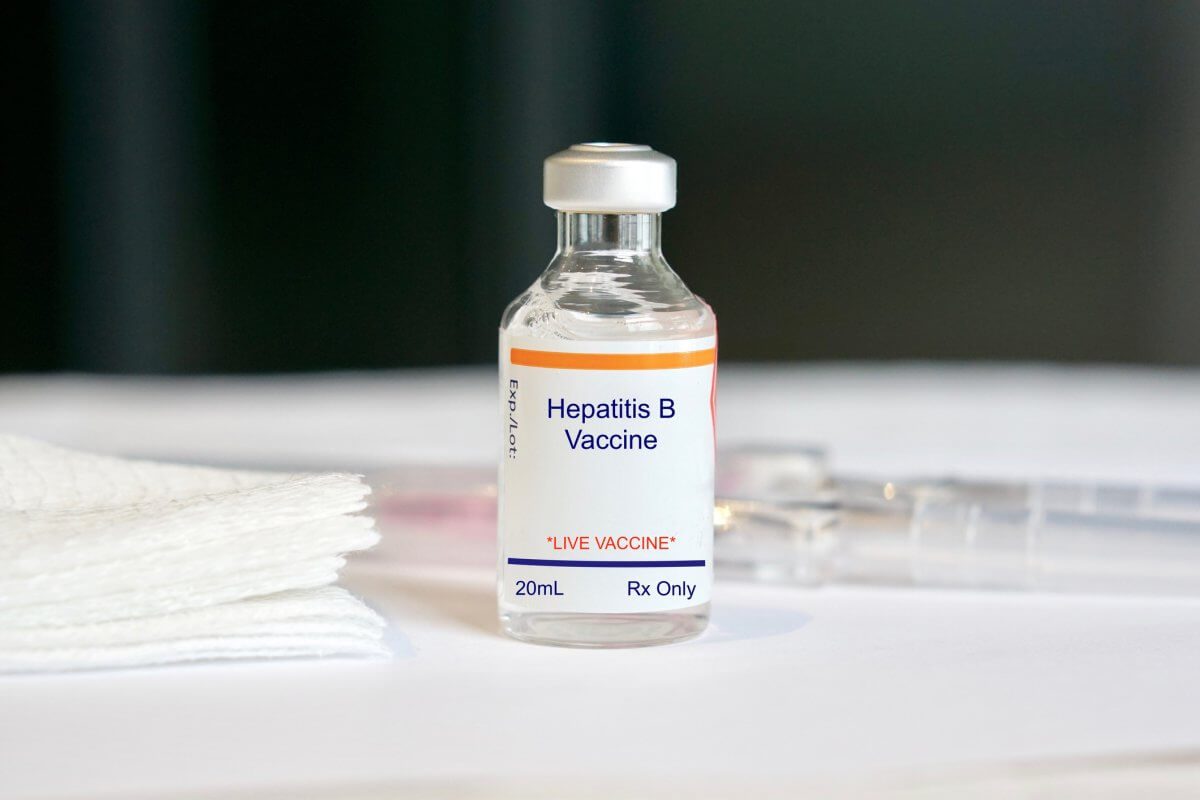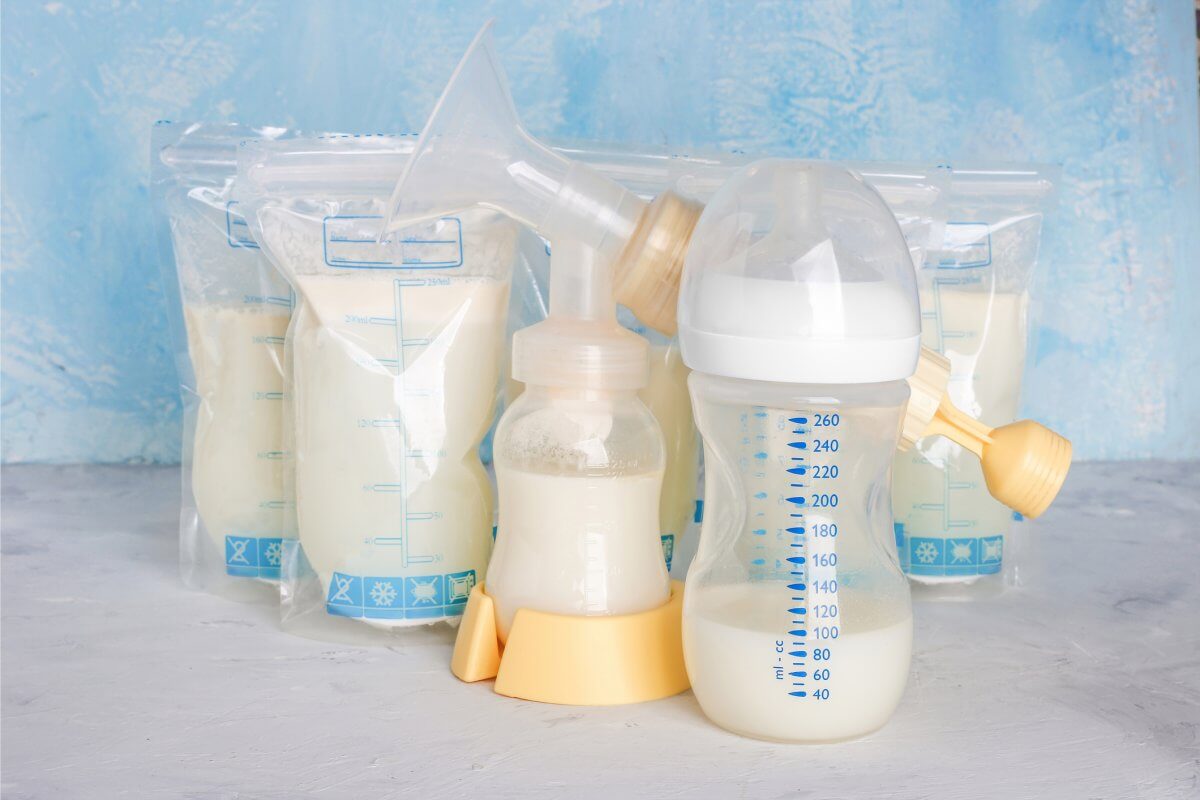It’s natural to think that transferring two embryos might double your chances—or even lead to twins. But the truth is, double embryo transfer (DET) is not always the safest or most successful choice.
Research shows that single embryo transfer (SET) often
provides better outcomes for both surrogates and babies.
Ready to explore your options? Contact a surrogacy specialist today and get guidance tailored to your family-building goals.
Whether you’re hoping for twins or simply want to shorten your journey, there are proven alternatives that protect your surrogate’s health while giving you the best chance of growing your family quickly.
Can You Do a Double Embryo Transfer in Surrogacy?
Yes, DET is possible, but most fertility specialists and surrogacy agencies recommend single embryo transfer as the gold standard.
- Why: The American Society for Reproductive Medicine (ASRM) guidelines generally advise SET when high-quality embryos are available.
- Who Decides: The choice ultimately rests with you, your surrogate, and your fertility team. Factors include embryo quality, medical history, and your surrogate’s comfort.
- Surrogate Preference: Many surrogates favor SET because it reduces health risks and complications—a preference that’s both personal and medically sound.
Honest conversations about transfer preferences should happen early in the matching process to ensure everyone is aligned.
Disclaimer: This article is for informational purposes only and is not intended as medical advice. Decisions about embryo transfer protocols should always be made in consultation with a qualified reproductive endocrinologist or fertility specialist.
Multiple Single Transfers vs. Double Embryo Transfer: Success Rates, Risks, and Safer Alternatives
Studies show that transferring two embryos at once can lead to higher chances of a live birth compared to transferring just one—about 42% with double embryo transfer versus 27% with a single transfer.
However, the risk of twins or multiples is much higher with double transfers, occurring in nearly 29% of cases compared to only 2% with single transfers.
When doctors follow up a single transfer with an additional frozen single embryo transfer, the overall live birth rate (38%) ends up very close to that of a double transfer (42%), but with almost no risk of multiples.
These outcomes held true regardless of the woman’s age, fertility history or embryo quality.
Will Transferring Two Embryos Guarantee Twins?
Yes, double embryo transfer significantly raises the likelihood of twins by 27% but the outcomes can vary. Both embryos may implant, resulting in twins, or just one may implant, leading to a singleton pregnancy.
In some cases, neither embryo implants, which means the cycle fails, and there’s also the rare possibility that one embryo could split, creating a triplet pregnancy with very high risks.
Importantly, DET does not guarantee higher success rates, since high-quality single embryo transfers often achieve similar outcomes without the additional risks.
The Hidden Risks of Double Embryo Transfer for Surrogates
Multiple pregnancies create greater medical risks for surrogates:
- Higher rates of gestational diabetes, preeclampsia, and preterm labor.
- Preterm birth in ~60% of twin pregnancies, compared to 10% in singletons.
- Longer NICU stays and greater risk of developmental complications for babies.
- Increased likelihood of C-section delivery and longer recovery times for surrogates.
- Emotional and lifestyle impacts: more restrictions, bed rest, and strain on family life.
These risks explain why many surrogates prefer SET and why medical professionals increasingly recommend it.
Want Twins or a Quicker Path to Parenthood? Here’s a Safer Way
The longing for twins—or to complete your family sooner—is real. Fortunately, there’s a safer, smarter approach: dual staggered journeys.
A dual staggered journey allows intended parents to work with two surrogates on overlapping timelines, offering a safer and more efficient path to family building. The benefits include:
- Safer pregnancies: Each surrogate carries a singleton, avoiding the higher risks of twin or triplet pregnancies.
- Two chances at success: You increase the odds of at least one successful pregnancy instead of relying on a single transfer.
- Shorter timeline: Children can be born close in age, giving you the experience of siblings growing up together.
- Reduced emotional pressure: If one journey encounters complications, the other may still progress, offering reassurance and stability.
- Better long-term value: While the upfront investment is higher, dual journeys are often more cost-effective than double embryo transfer or waiting through back-to-back surrogacy processes.
While this requires more upfront investment, many families find it more cost-effective than risking DET or waiting through back-to-back journeys.
Dig deeper: Our dual staggered journeys
How We Provide The Ability to Work with Two Surrogates so You Can Grow Your Family Faster
At American Surrogacy, we’ve designed our dual staggered journeys to give families a safer alternative to double embryo transfer while still helping them grow faster.
This approach allows both women to carry single pregnancies—dramatically reducing health risks—while still making it possible for your children to be born close in age.
With our extensive surrogate network, most families find both matches in as little as 1 - 4 months.
We recommend beginning the second journey once the first surrogate reaches 20 weeks, which helps balance safety with efficiency.
We also personalize matches based on geography, communication style, and family preferences, ensuring strong, healthy relationships on both journeys.
Take the Next Step Toward a Safer, Smarter Family-Building Journey
Building your family is one of the most important journeys of your life, and you deserve a path that is safe, effective, and designed for long-term success.
At American Surrogacy, we combine medical expertise with compassionate support to help you make confident decisions about embryo transfer and family building.
Don’t leave your family’s future to chance. Fill out our form today to speak with a surrogacy specialist and begin your journey toward parenthood.








